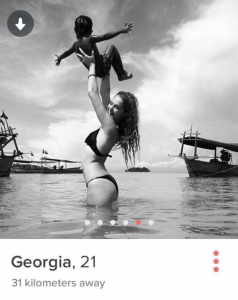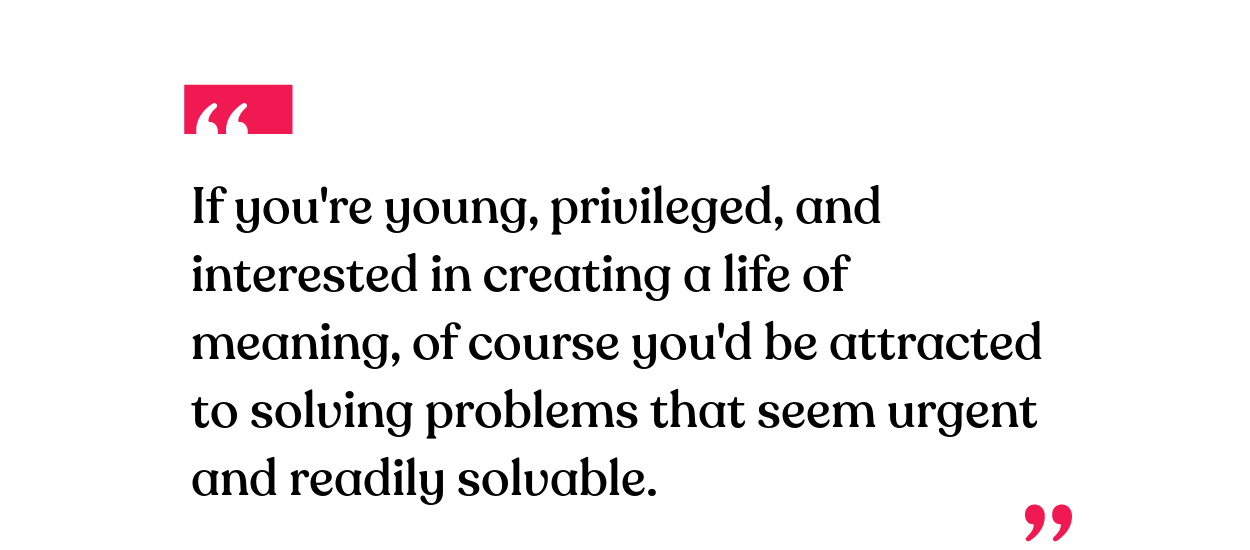Sexy Problems
Solvable problems in other countries are attractive because we can easily see and measure the impact of our contributions. Oh yeah, and they also make us look pretty, pretty, pretty, pretty… pretty good (see below).

As social entrepreneurs, it is important for us to create a story with our giving that our customers can quickly recognize and adopt as their own. These are “sexy” problems. This is a strategy we implement in our brands, and you should too. Sexy problems are an excellent gateway to raise awareness for consumers about how our purchases impact other people and the environment.
But let’s not forget the problems in our own neighborhoods that seem more difficult to change. Even if it’s not sexy. Even if you can’t put it on the label or blog about it on your website. Don’t forget to invest in your own community.
How can we use our collective creativity as to take small steps towards progress on “unsexy” problems?
Read the full article here: https://brightthemag.com/the-reductive-seduction-of-other-people-s-problems-3c07b307732d (If nothing else, be sure to check out the article to see more pics like the one above from the Tumblr “Humanitarians of Tinder”)

